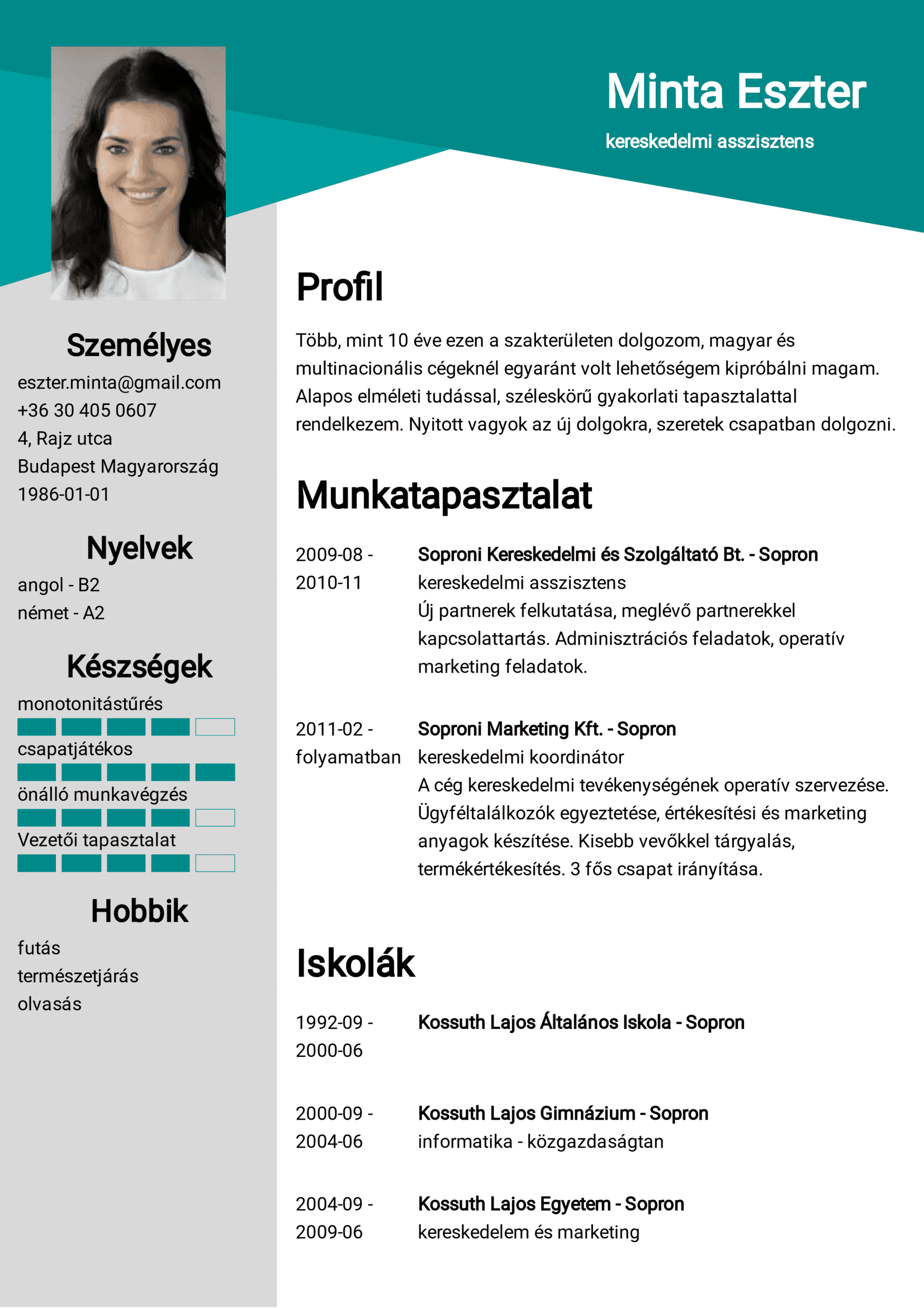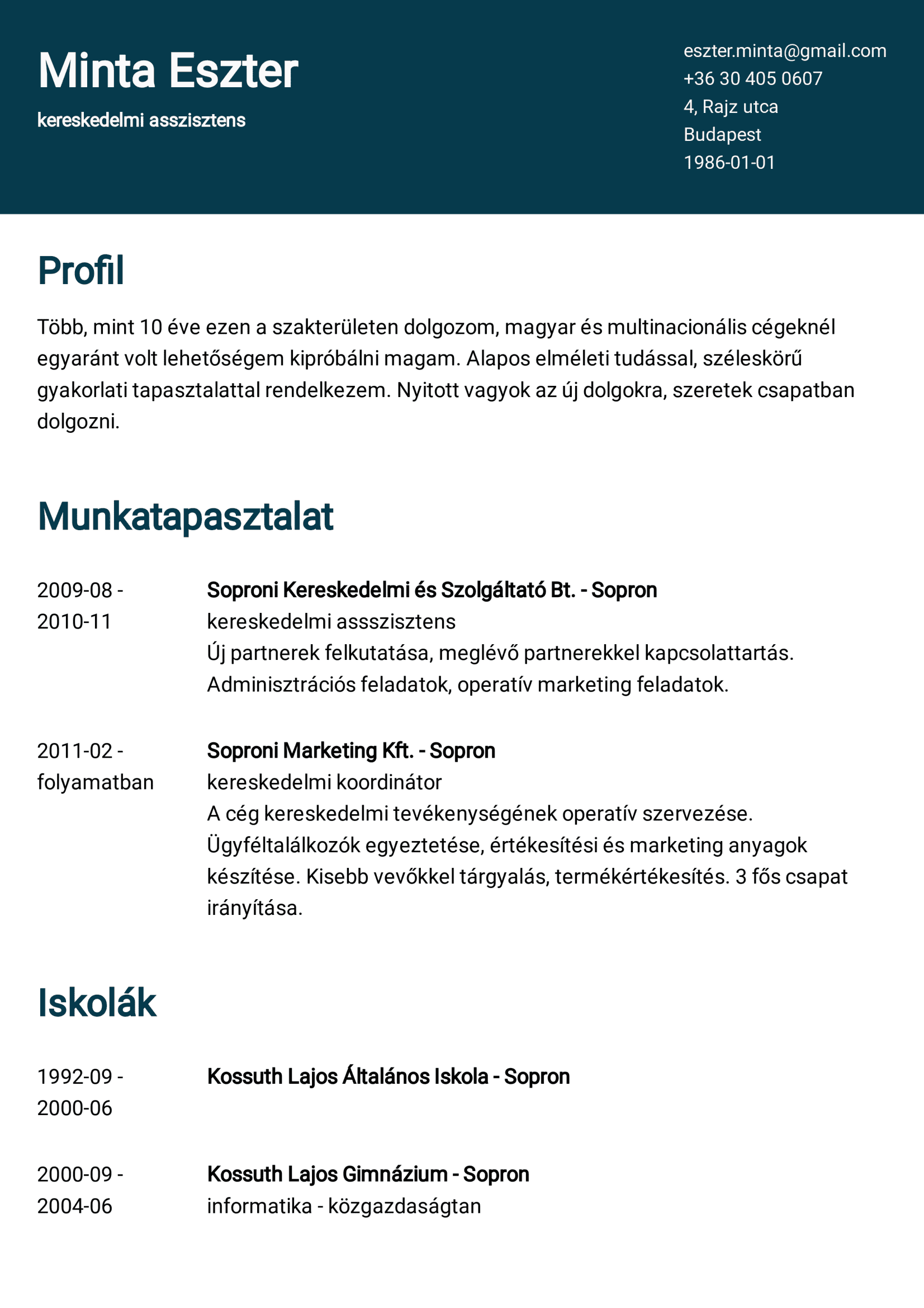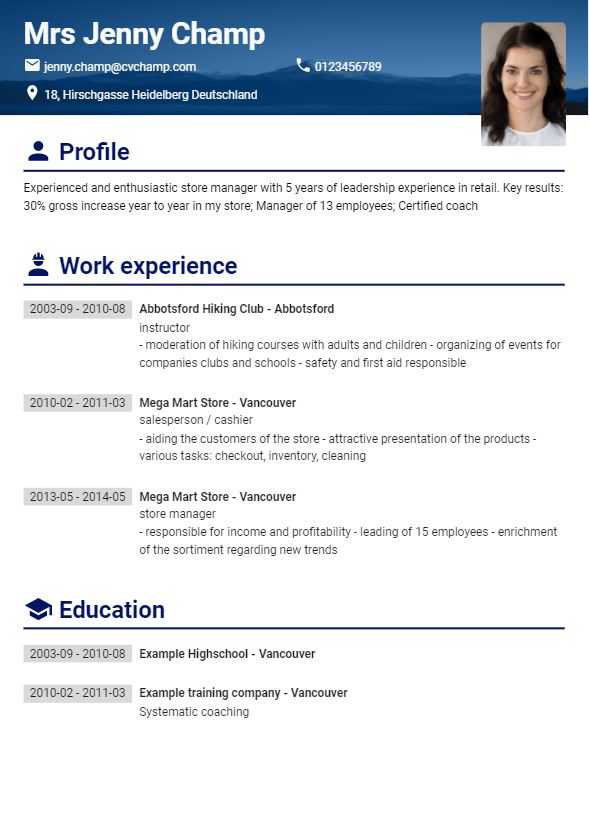

Language Skills - How to Showcase them on Your Resume?
Language skills have become a crucial asset in today's dynamic job market. The ability to communicate in multiple languages opens doors in various sectors and enables professionals to connect in an increasingly globalized world.
This article is about the importance of language skills in resumes, highlighting their growing relevance across sales, marketing, and customer service industries. As businesses expand their reach globally, the demand for bilingual or multilingual employees is rising. This guide will help you understand different language proficiency levels, choose the right frameworks to describe your abilities, and strategically list them on your resume.
We aim to provide actionable insights on aligning your language skills with job requirements, emphasizing cultural understanding, and effectively overcoming challenges in showcasing your linguistic capabilities. Ultimately, well-presented language skills can significantly enhance your career prospects and open new opportunities.
Significance of Language Skills
Speaking multiple languages is increasingly crucial. This skill gives you an edge, especially in sales, marketing, and customer service. Why? Because companies now operate globally and deal with diverse client bases. Employees with foreign language skills can bridge communication gaps, understand different cultural perspectives, and provide better service to international customers. This edge makes you more attractive to employers who seek to expand or maintain a global presence. In essence, showcasing language skills on your resume doesn't just say you speak another language – it says you're ready for the global stage.
Understanding Language Proficiency Levels
Clearly defining your language proficiency levels is essential in the context of a resume. These levels start at 'basic,' indicating a fundamental understanding suitable for simple communication tasks, and move up to 'conversational,' where you can easily engage in everyday dialogues. The 'fluent' level signifies a broader command, enabling you to participate in complex conversations and professional settings without significant challenges. The highest level, 'native' or 'bilingual,' reflects an in-depth, intuitive mastery akin to a first language.

Being precise in self-assessment is crucial. Misrepresenting your ability could lead to difficulties in your role, mainly if the job heavily relies on language proficiency. It's essential to self-assess your language abilities honestly and accurately. Overstating your proficiency can lead to uncomfortable situations, like being asked to lead a negotiation in a language you're not entirely comfortable with. Conversely, selling yourself short could mean missing out on opportunities that perfectly match your linguistic talents.
Reflect on your experiences in different settings – casual conversations, professional meetings, reading, writing – and consider any formal evaluations or certifications you've received. This honest appraisal will help potential employers understand your linguistic capability and ensure that you're considered for roles that match your skill set.
Frameworks for Describing Language Proficiency
Several frameworks offer a structured approach when detailing language proficiency on a resume. Key frameworks include:
CEFR (Common European Framework of Reference for Languages): Widely used in Europe and recognized globally, CEFR categorizes language proficiency into six levels: A1 and A2 (basic users), B1 and B2 (independent users), and C1 and C2 (proficient users). These levels assess a person's reading, writing, speaking, and understanding ability. For example, a B2 level indicates the ability to engage in complex text and conversation fluently, while C1 and C2 denote advanced skills comparable to a native speaker.
ACTFL (American Council on the Teaching of Foreign Languages): Primarily used in the United States, it categorizes proficiency into levels like novice, intermediate, advanced, and superior.
ILR (Interagency Language Roundtable): Developed by the U.S. government, it uses a scale from 0 to 5 to measure proficiency.
IELTS (International English Language Testing System) and TOEFL (Test of English as a Foreign Language): Both assess English language proficiency, particularly for non-native speakers, with IELTS grading on a scale of 1 to 9 and TOEFL offering scores within 0–30 across different skills.
Choosing the proper framework depends on the job, location, and industry.
Cultural and Communication Advantages
Understanding multiple languages isn't just about speaking; it's about connecting. When you list language skills on your resume, you show more than the ability to converse in a different language. You're demonstrating an understanding of diverse cultures and customs. This is crucial in today's globalized workplace, where cultural sensitivity and awareness can be as important as technical skills.

For instance, being fluent in Spanish doesn't only mean you can communicate with Spanish speakers; it also means you're more attuned to the cultural nuances of Spanish-speaking countries, which is invaluable in roles like international marketing, diplomacy, or global project management. It enhances cross-border teamwork, resolves conflict, and fosters a more inclusive work environment.
Showcasing these skills indicates that you can effectively navigate and bridge cultural divides, making you a valuable asset to any multinational team or organization.
Common Mistakes in Language Proficiency Representation
When adding language skills to resumes, several common errors can undermine a candidate's credibility:
Overstating Proficiency
It's frequent for individuals to overestimate their language skills, often labeling themselves as fluent when they are more conversational. This misrepresentation can lead to uncomfortable situations in professional settings where advanced language skills are expected. Imagine being in a high-stakes meeting and struggling to keep up with the conversation; it not only impacts your performance but also your employer's confidence in your abilities. To avoid this, it's advisable to realistically assess your language skills, perhaps even seeking external validation through language proficiency tests.
Inconsistent Framework Usage
A lack of uniformity in describing language skills can cause confusion. For instance, mixing CEFR levels with ILR ratings on the same resume can send mixed signals to the employer. It's important to understand the nuances of each framework and apply them consistently. If you're applying for a job in Europe, the CEFR framework might be more relevant, whereas for U.S.-based roles, the ACTFL or ILR scales would be appropriate. This consistency helps recruiters quickly gauge your language proficiency.
Lack of Specificity
Vague language listings such as "proficient in Dutch" without specifying the level can leave too much to interpretation. Employers may wonder if you can handle customer service calls or write reports in that language. Including details like "Dutch - B2 (Intermediate)" provides a clearer understanding of your capabilities.

Ignoring Job Relevance
Often, job seekers fail to tailor their language skills to the job's requirements. If the role involves frequent interaction with clients in a specific region, highlighting proficiency in the relevant language is crucial. For example, listing advanced Mandarin skills could be a significant advantage for a role involving business with Chinese clients.
Forgetting to Update Skills
Language skills can diminish over time without practice. It's important to keep your skills sharp and your resume updated. If you haven't used a language professionally for a while, consider engaging in activities that could help refresh your skills, like language courses or volunteering in community programs that require its use. Regular updates on your resume ensure that your language proficiencies accurately reflect your current abilities.
Conclusion
In conclusion, accurately representing language skills on a resume requires a thoughtful approach, considering not just the linguistic ability but also the relevance and cultural aspects associated with it. Avoiding the common mistakes can significantly enhance your professional profile and increase your suitability for diverse roles.















